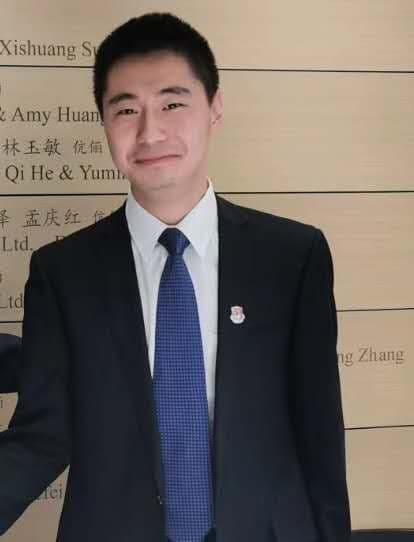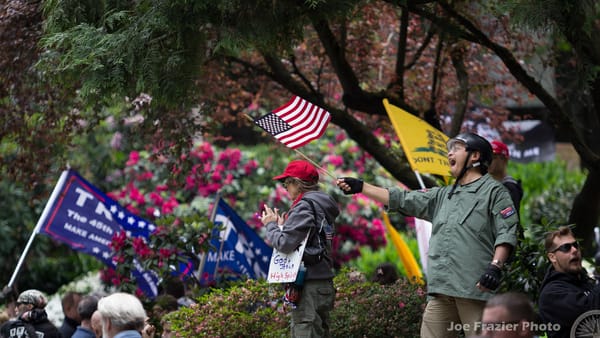Intolerance and speaking the truth
Editor-in-Chief Calum Drysdale argues that while we can sympathise with GSU president Zixiao Wang disagreement is a vital part of any decision making body

This week was marked by the shock resignation of Zixiao Wang the GSU president from the Union Council in protest at a vote to condemn Huawei. Wang has controversially decided to retain his GSU position despite refusing to carry out the entirety of his representational responsibilities.
I begin by saying first that I admire Zixiao. I spoke to him a couple of minutes after he resigned and he stood firm in his conviction. The Union council had no place discussing political matters and should focus on advancing student interests rather than dividing students via contentious politics. I admire his conviction and the way he spoke forcefully during the council session to try to get his point across.
However, I can not agree with him. Disagreement is an essential part of establishing the best course of action. There is a reason that many modern business and governance contexts employ a red team/blue team doctrine where some members of the decision-making process are empowered to challenge assumptions and criticise poor reasoning. In fact, a major part of why having a greater diversity of people in decision making positions are the benefits that a greater variety of viewpoints provide.
Students who feel at odds with the university consensus may claim to feel unable to voice their views for fear of the consequences. This is not the fault of a censorious ‘liberal’ illiberalism but rather their own cowardice.
Therefore, I must strongly condemn Zixiao Wang’s decision to resign from the Union Council. By resigning, not only has he made the body a more ideologically homogenous one but he has also given up his ability to influence any future decisions. Unfortunately, he decided that if he could not have his own way then he would not be involved any longer with the Council. By doing so he is letting down his constituents, who I believe have a right to call on him to give up his position if he will no longer represent them fully, in order to replace him with someone who will.
Over the course of the week, since the Council meeting on the 16th I have received messages reminding me of the potentially difficult situation that Zixiao may be in. With a government at home that is known for paying close attention to the behaviour of its citizens abroad, are we not being harsh in condemning him in this way?
I must say no. He was elected to represent postgraduate students. To apply such relativism as to allow him to plead his circumstances in mitigation for his actions risks undermining the entire purpose of our democratic elections.
Here I would like to refer back to the open letter from Imperial hall subwardens published in these pages today. The subwardens have chosen to remain anonymous, fearing retribution for sharing their views. I understand why they have done this, even as I do not agree. However, this same desire to have one’s views seen without risking the criticism these views provoke is a prevalent one here at Imperial, seen often on Imperial Secrets where many things have been said from the behind the cover of a screen. Students who feel at odds with the university consensus may claim to feel unable to voice their views for fear of the consequences. This is not the fault of a censorious ‘liberal’ illiberalism but rather their own cowardice. If you believe something, speak your mind. Dare to challenge and risk people not liking you if it means you can speak with a clear conscience.
Therefore, I would like to pin my colours to the mast as clearly as possible. It is not impossible to sympathise with Zixiao’s position yet to still condemn his actions. Anyone that tries to support or obstruct the criticism of Huawei and the CCP’s actions in Xinjiang should be pointed out and criticised. This extends to complaining that allegations are unproven or Sinophobic. It is my view that the Union Council acted bravely and correctly in recognising this.





